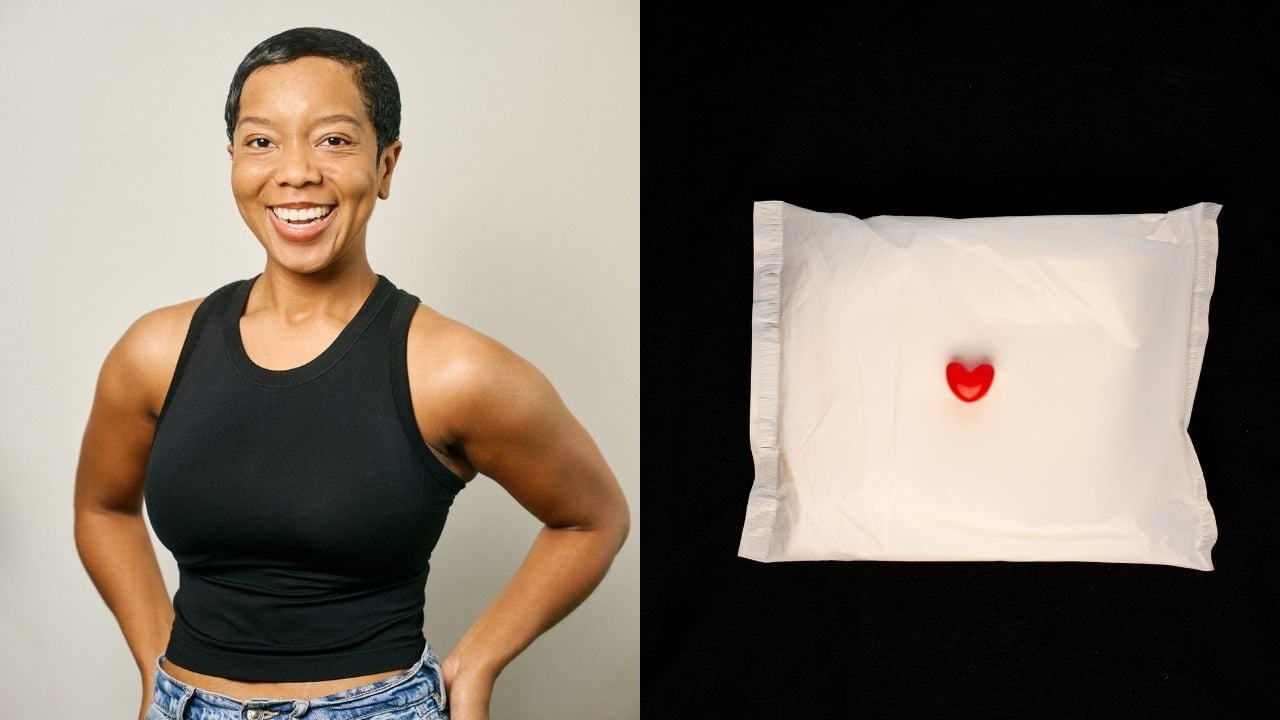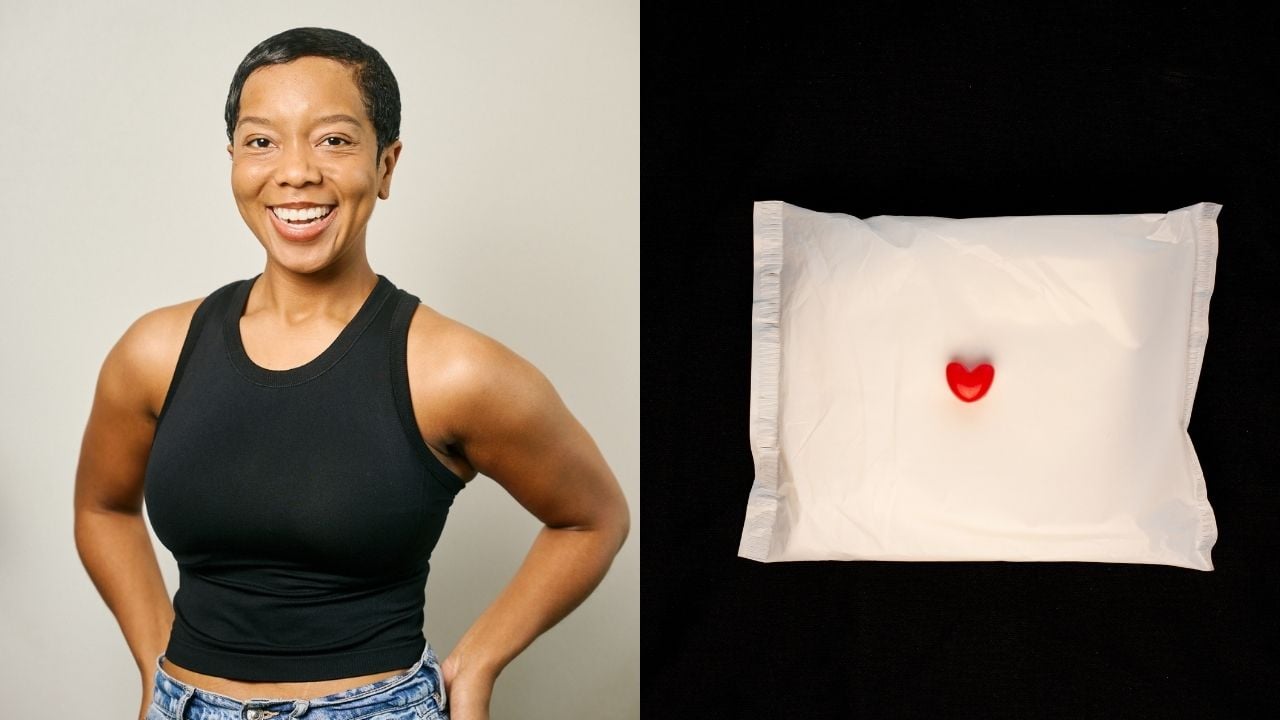
Just because your paycheck stops, doesn’t mean your period does.
That’s what Taylor DeBerry realized earlier this year as she stood under the fluorescent lights of a Nevada dollar store, scanning the shelves for essentials. Fresh off a layoff and trying to stretch every dollar, she stared down the feminine care aisle searching for comparable options when an epiphany arose, “We shouldn’t have to buy this like this.”
“I’m unemployed and still bleeding,” she said. “If I’m going through this, there are so many other women and other people who menstruate as well and are going through the same thing.”
That moment inspired Periods of Transition, a grassroots drive DeBerry launched to help unemployed women and other menstruators access the period products they need but often can’t afford.
DeBerry sat down with theGrio recently to discuss how she turned her own layoff into a mission to meet an urgent, overlooked need.
“This is just a blessing,” she said. “I was not anticipating this would happen so fast, but I feel like that’s just what God placed on me to do.”
Through Periods of Transition, the name a play on both a menstrual cycle and being in transition after job loss, DeBerry distributes free, high-quality menstrual care kits stocked with organic pads and tampons from brands. The effort is powered by an Amazon wishlist and GoFundMe, and guided by her belief that dignity shouldn’t disappear when the paychecks do.
“Just because we’re going through a period of transition or a period of feeling less than, our products that we use don’t have to feel that way too,” she said.
In just six weeks, DeBerry has raised over $6,500 and shipped 140 care packages, with another 250 people already on a waitlist. Her living room has become a small warehouse as she and her mother pack and mail the boxes themselves.
“No one wants to feel alone,” she said. “Layoffs, it’s not talked about, are very taboo, especially for women and Black women and dealing with something [that is] just a normal bodily function, it’s all taboo. No one wants to talk about it.”
The drive is addressing a growing crisis in real time. In an era when period poverty is already on the rise around the world, there have been widespread layoffs this year, and Black women have been disproportionately affected, with well over 300,000 having lost their jobs since February.
“I think it’s a lot more than that,” DeBerry said.
For many of the women seeking help, the hardship has been felt immediately. Some have told DeBerry they’ve postponed job interviews because they couldn’t afford pads; others describe the anxiety of using toilet paper as makeshift protection.
“I had to stop reading [their stories] for a bit,” she admitted, adding that the submissions would range from women she could fully empathize with to stories she could only imagine, like those of mothers and wives balancing family responsibility amid job loss.
“I would lay down at night and I would just be scrolling and crying … But that helps me understand my why in all of this and why I’m doing this.”
With the first round of care packages shipped, DeBerry is now preparing the next batch and streamlining her process for what she hopes will become a national movement. People from across the country have already reached out to ask how they can start local chapters, and she’s eager to partner with larger organizations to reach unhoused and incarcerated women next.
“I’ve always wanted to help others and I feel this particular community is so essential to the economy,” she explained.
She affectionately calls the women she serves her “Period Posse.”
“They’re the face of the brand,” she said. “They’re the why. Without them, who would I be helping?”





